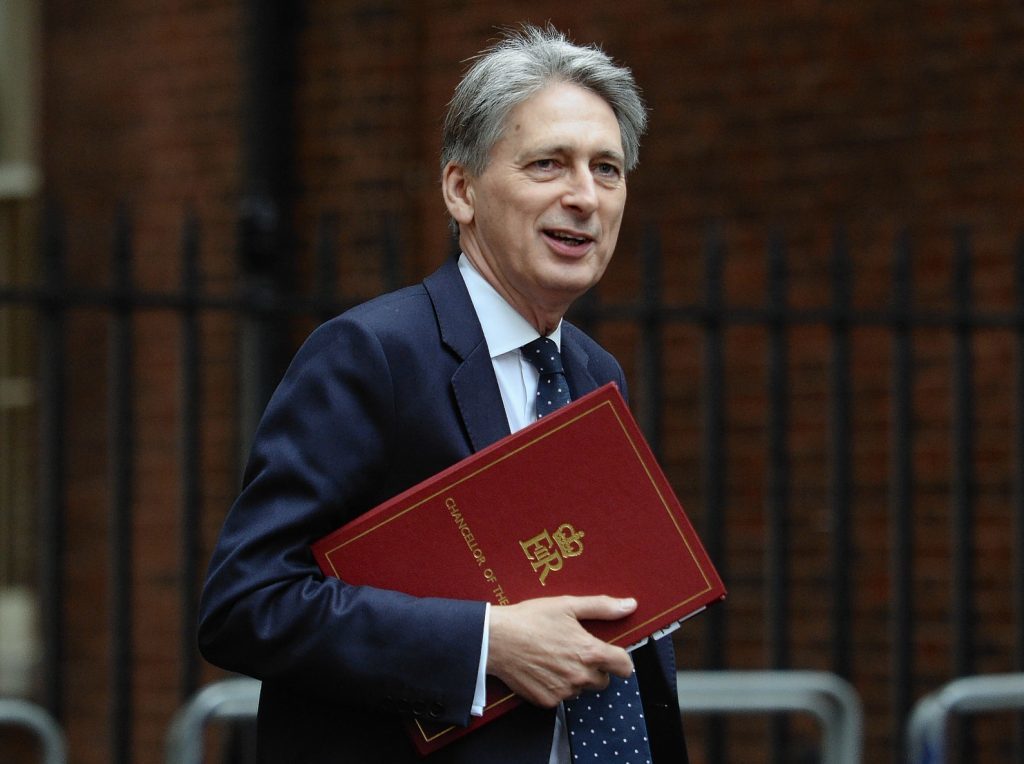
The UK Government has launched a discussion paper on possible North Sea tax relief for late life assets.
It comes after the Press and Journal revealed earlier this month that the Chancellor of The Exchequer was to form an expert panel to discuss proposals for increasing production and investment in the struggling sector.
The purpose of the new paper is to extend the life of older assets and maximise the amount of oil and gas recovered from the UK Continental Shelf while minimising the impact on the taxpayer.
The feedback received by the Treasury will then be looked at in greater detail by the expert panel and considered by ministers.
Estimates suggest that between 10 and 20billion barrels of oil equivalent (boe) are trapped underneath the seabed in UK waters.
But many of these valuable reserves risk being stranded forever due to high operating costs and the continued low oil price.
Among the ideas put forward in the paper include the possibility of transferring the tax history with the sale of an asset.
This would permit a seller to transfer a portion of their ring fence corporation tax payment history to the buyer of the asset.
Currently, this is not possible as tax history is attached to the company who originally paid the tax and cannot be transferred.
The government claim this could leave to a new wave of younger companies taking over from older prospectors and squeezing the last drop of reserves out of historic fields.
The report states: “Encouraging investment in strategically important assets is in line with the government’s objective of Maximising Economic Recovery (MER) from the UK’s oil and gas reserves.
“Part of this investment could include new, innovative investors taking over older, late-life assets.
“In the past few months, HM Treasury has had numerous discussions with stakeholders on the interaction between tax and late-life asset transactions. This paper covers the issues that
were most frequently raised.
“The purpose of this paper is to ask for additional evidence to support the government in considering these issues in greater detail, highlighting particular areas of interest where the government would welcome further input.”
The paper sets out nine questions summarising initial feedback from associated industries.
The paper states: “In the discussions HM Treasury has had to date, it has been stated on numerous occasions by industry stakeholders that some form of transferable tax history (TTH) could assist some deals.
“If a TTH existed, in its simplest form, when a UK oil or gas asset is sold, it would allow the seller to pass some of its tax payment history to the buyer. The buyer could then carry back the
losses it subsequently incurs on decommissioning against this TTH, allowing the buyer to receive a tax refund that it would not have received without TTH.
The government has revised the fiscal regime around the North Sea in recent years.
The Treasury has reduced the supplementary charge twice since 2014, from 32% to 10%.
The Petroleum Revenue Tax has also been wiped out and new cluster area allowances introduced.
Seismic studies have also been carried out and ring fenced expenditure supplements extended.
The government say any solutions must deliver “sufficient and proportionate benefit” for the UK taxpayer.
Submissions in response to the discussion paper are to be submitted before June 30, 2017.
The government will present its findings at the Autumn Budget 2017.
Recommended for you
